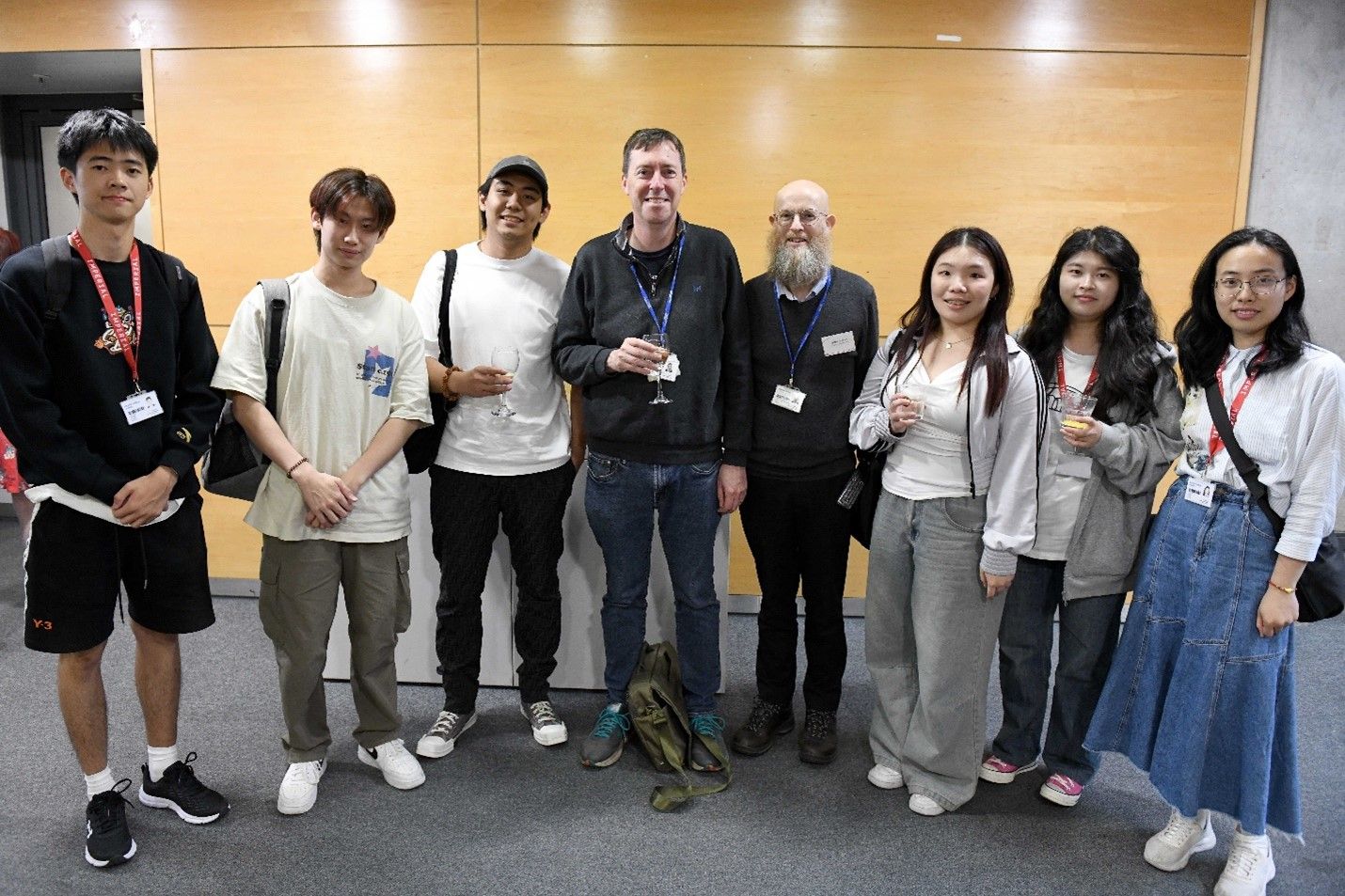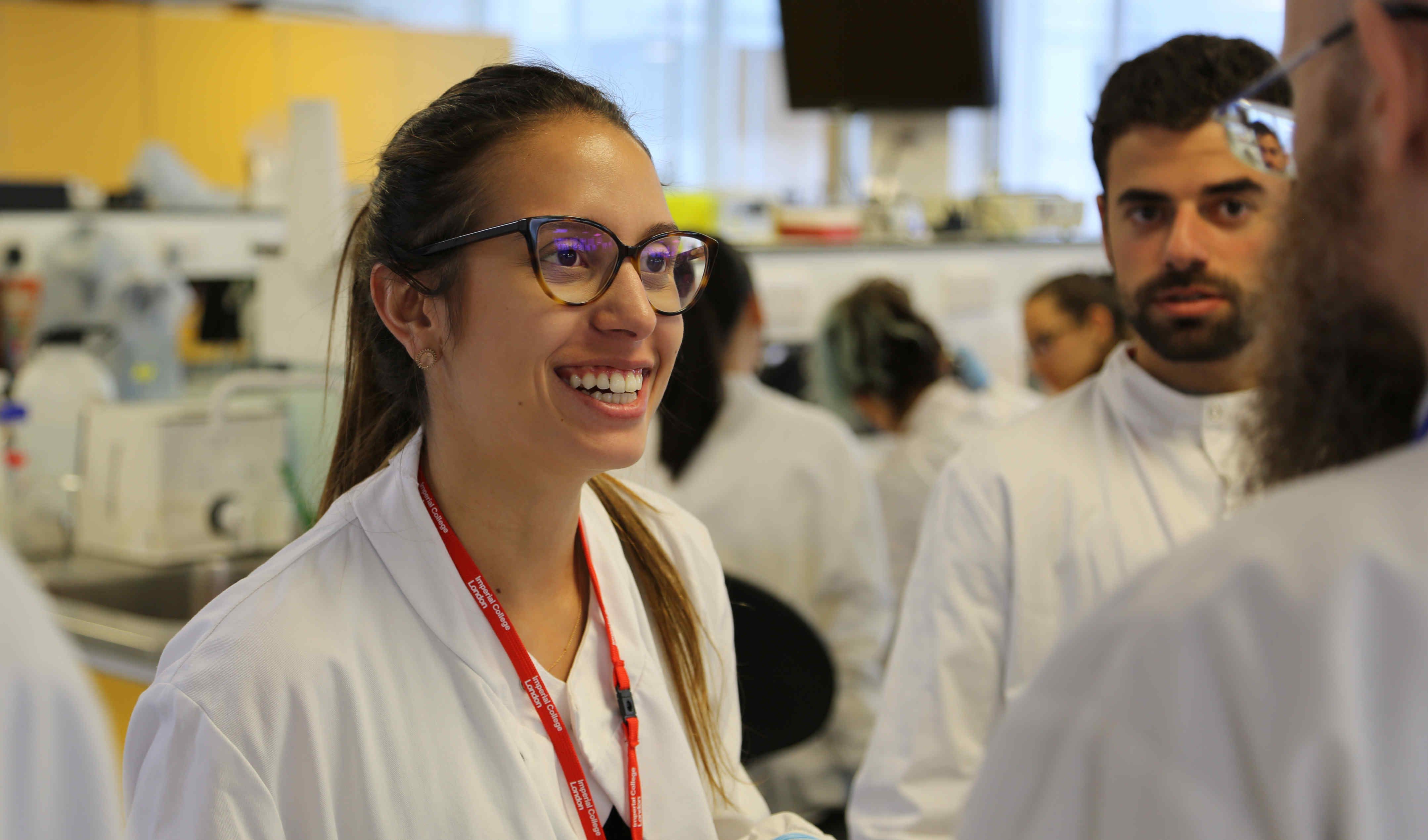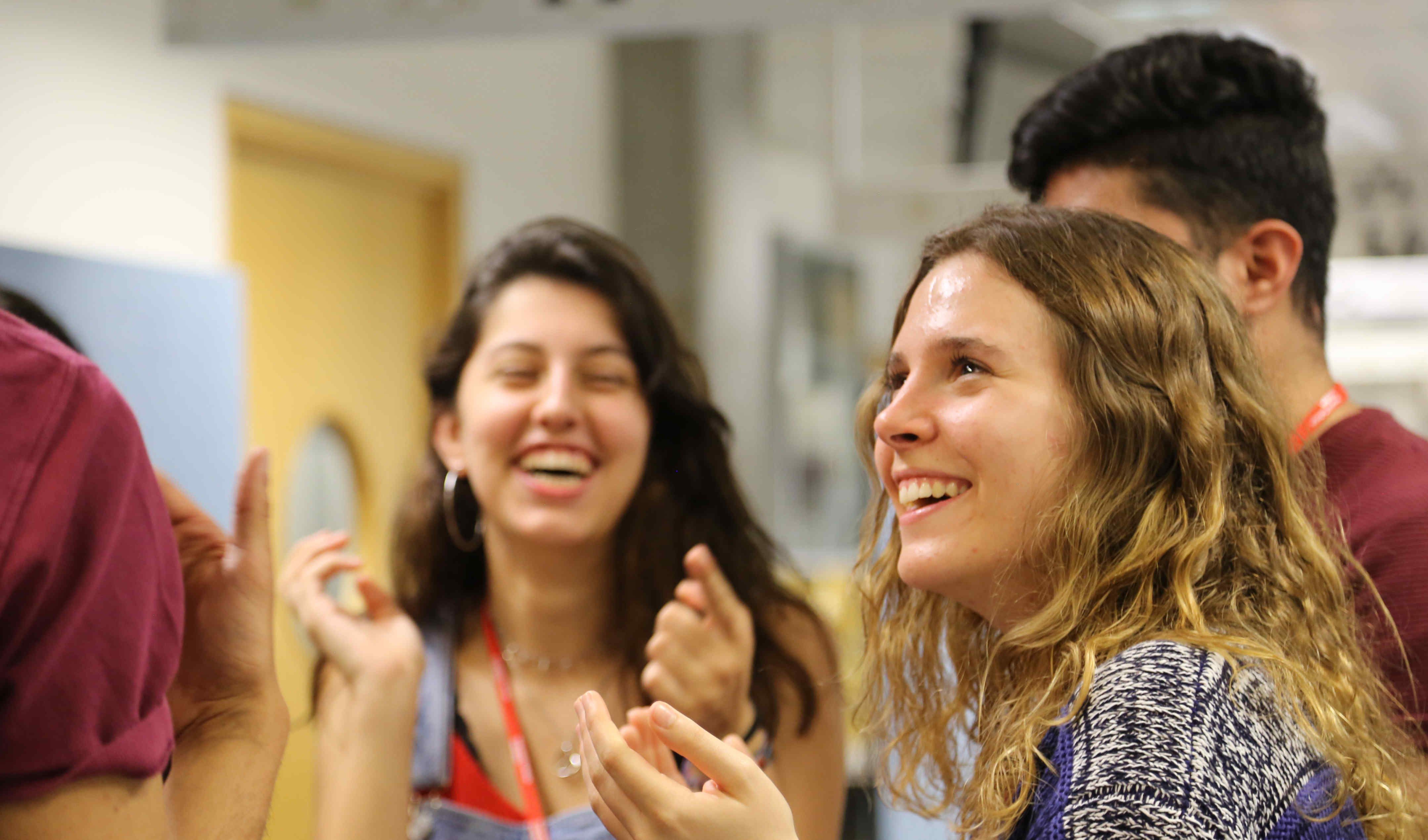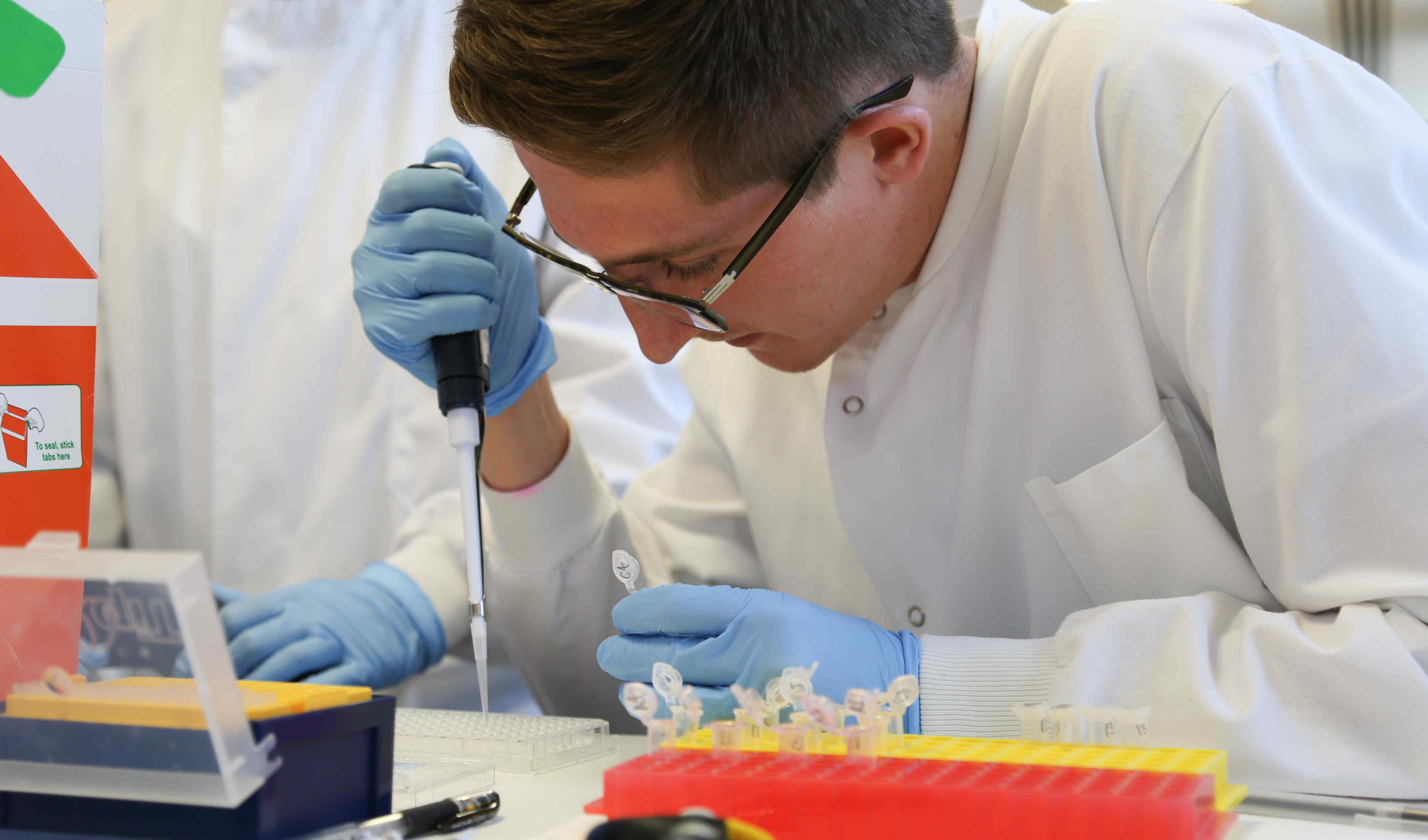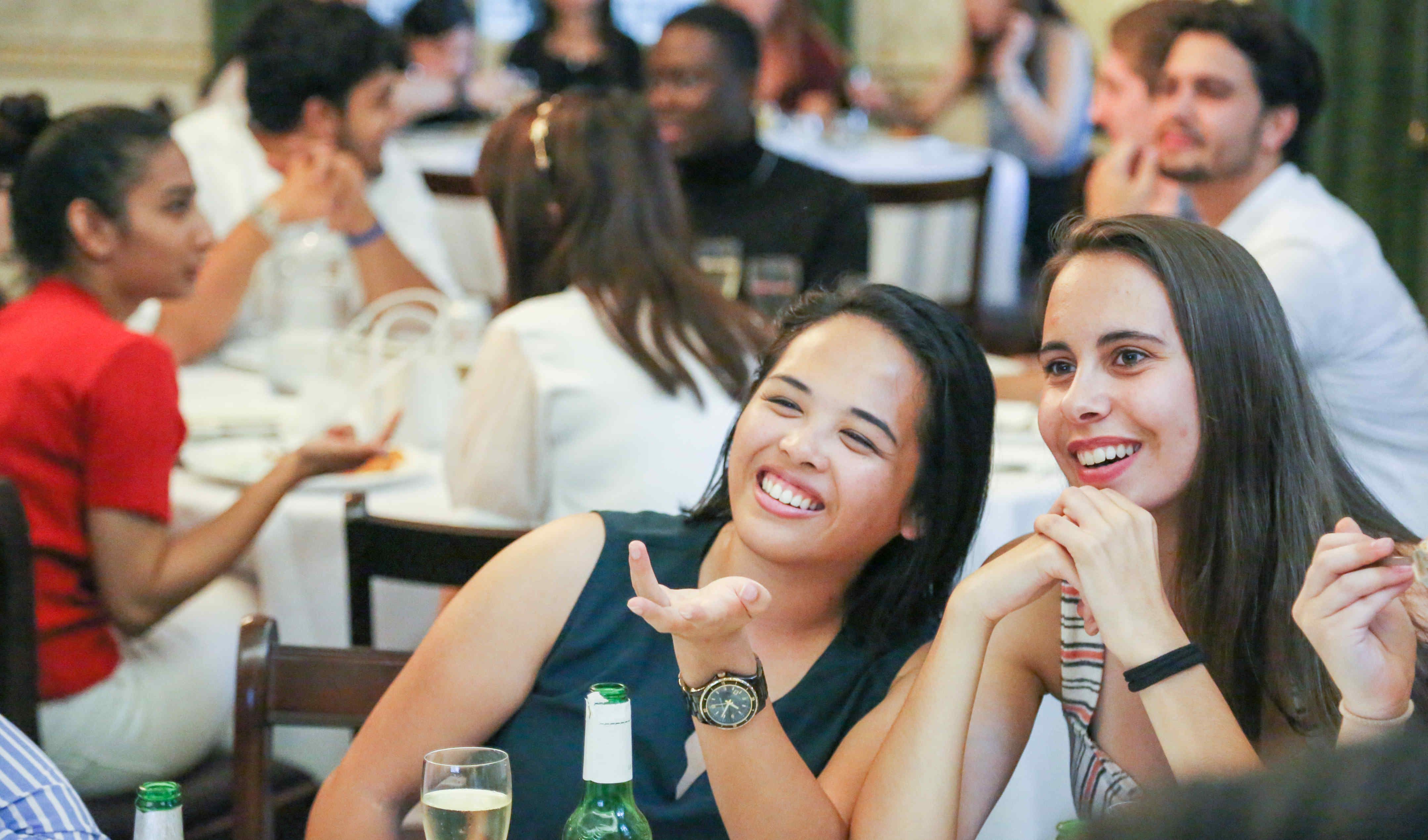Revolutionise your summer with our three-week mini-research laboratory project with mini courses and guest lectures, enabling you to explore cutting-edge research, technology and the future of biomedicine.
Mini courses
The style of the Summer School is interactive, and you can expect to work in partnership with the course tutors and other students. You will study three 'mini courses' covering a range of themes from the population, to the molecular level. No prior knowledge is expected as the summer school is designed to stretch and challenge you to work in novel ways and develop not only your scientific skills but also your confidence.
2025 Programme
We change the programme every year to keep it cutting edge. We will announce the themes for 2025 later this year. Highlights from 2024 and 2023 are shown below.
2024 Programme
- Brain, neurotransmission, and pharmacology
- Cancer, molecular therapies, and cell metabolism
- Gametes, cell signalling and epigenetics
2023 Programme
- Food and nutrition
- The future of drug development
- Exposure science (Environmental Toxins)
Mini-research project
Our immune system consists of organs, cells and molecules that provide us with a remarkable defence system against all kinds of pathogens. Some cells of the immune system protect us against viruses. These cells can directly kill virally infected cells, but they can also survive in our body for our whole life to protect us against the same virus as many times as required.
In the Mini-research project, you will work in small groups to design your own experimental plans. In a supervised lab environment, you will then stimulate immune cells under your chosen experimental conditions, measure the results of the stimulation quantitatively and qualitatively, analyse your data, and discuss your lab report with the course team. You will get hands-on experience in experimental design and statistics, cell culture, protein extraction, ELISA, and flow cytometry.
Guest speakers and networking events
In addition to the main course there will be a series of guest lectures by Imperial College scientists, who are leaders in their fields. They will share their latest research and work with you and you will also have the opportunity to directly ask your own questions. This will be followed by a chance to network with the academics at a drinks reception afterwards. We will be announcing the names of this year's guest speakers on this web page.
2024 Guest speakers included Professor Jessica Strid and Professor Declan O'Regan
You will also have the opportunity to reflect on your future in bioscience through our always-popular symposium event, where you can speak to our current Master's students to gain an insight into life as a postgraduate student at Imperial.
2 column general content block - assessment and timetable
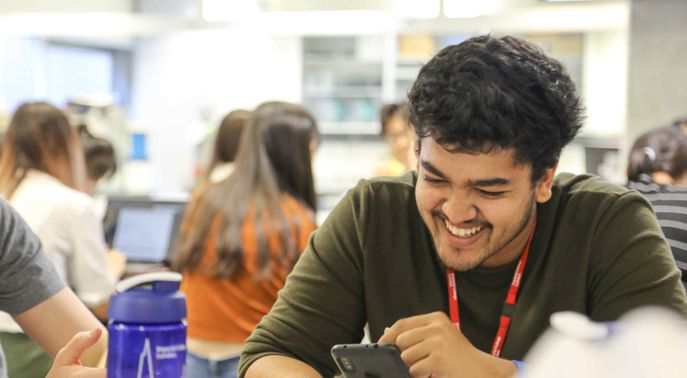
Assessment
The course carries 7.5 ECTS credits (3-4 US), subject to your home institution approval.
In order to gain academic credit, students must attend a minimum of 80% of the course and gain an aggregate score of at least 40% in the following assessments:
- Lab project report, presentation and peer marking.
The assessment is optional.
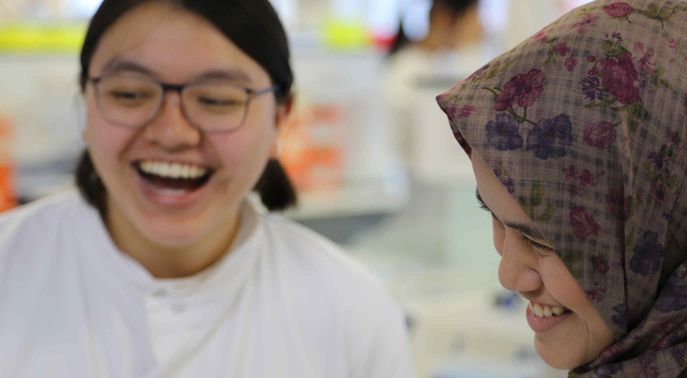
Typical day
Classes take place Monday to Friday and social activities will take place in evenings and on the weekend. A typical day could be:
- 09.00-12.30 Morning session
- 12.30-13.30 Lunch break
- 13.30-16.30 Afternoon session
- Evening - Guest lecture, free time or social activities
Course location
The Summer School is based at Imperial College London. We have multiple campuses, all located within Central London and West London. The main campus for this course is the Hammersmith Campus.

Important dates
- On Campus Summer School: 07 - 25 July 2025
- Early Bird application deadline: 23.59 (BST) 14 April 2025
